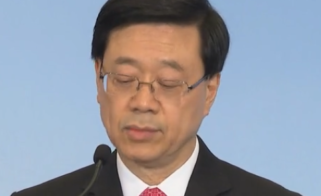I’ve attended the 2016 OECD/IOPS Global Forum on Private Pensions. This year’s topic is about how private pensions can achieve better return.
Over the past nine years, major central banks have been using monetary easing and zero interest rate to stimulate growth. As a result, bond yields have fallen from almost 10 percent in the 1990s to a meager 1 percent at present.
Trillions of dollars of pension funds are now suffering from slumping bond yields.
Japan’s Government Pension Investment Fund, the world’s largest pension fund, posted a negative 3.8 percent return last year.
In such a low-yield environment, many fund managers have resorted to cutting costs to boost investment performance.
Many have decided to withdraw their capital from high-cost hedge funds and turn to low-cost passive investments like exchange-traded funds (ETFs).
That’s why the hedge fund industry has reported continued redemptions while ETFs have gained traction.
Numerous pension fund regulators are forcing scheme providers to lower fees against the backdrop of globalization.
Cost reduction and streamlining of investment processes have become even more important.
In the case of Hong Kong’s Mandatory Provident Fund Scheme, the management fee has been reduced from 2.06 percent in 2007 to 1.57 percent this year.
The Mandatory Provident Fund Scheme Authority will launch its “default investment strategy” or core fund alternative in April next year. Fees of these core funds will be capped at 0.75 percent.
Pension funds accounted for 21.6 percent of Hong Kong’s gross domestic product in 2012, up from 4.2 percent in 2002.
This article appeared in the Hong Kong Economic Journal on Dec. 9.
